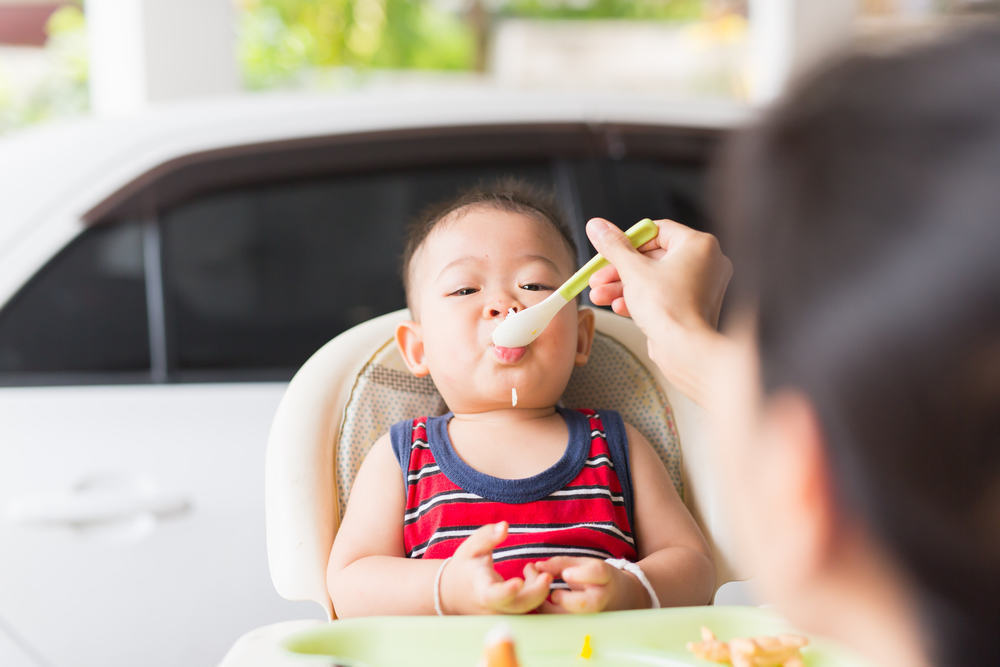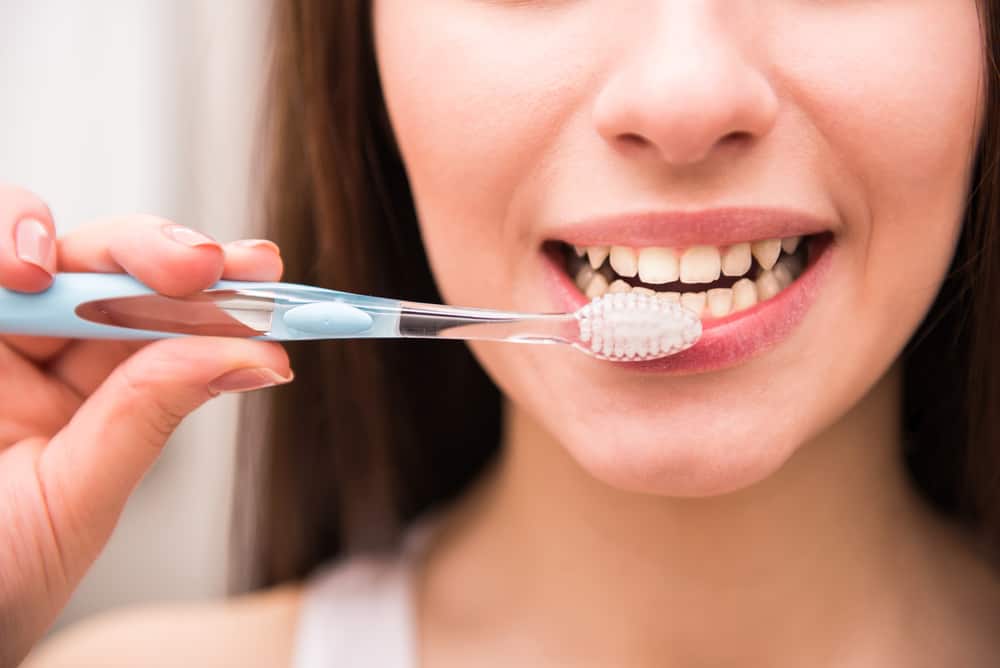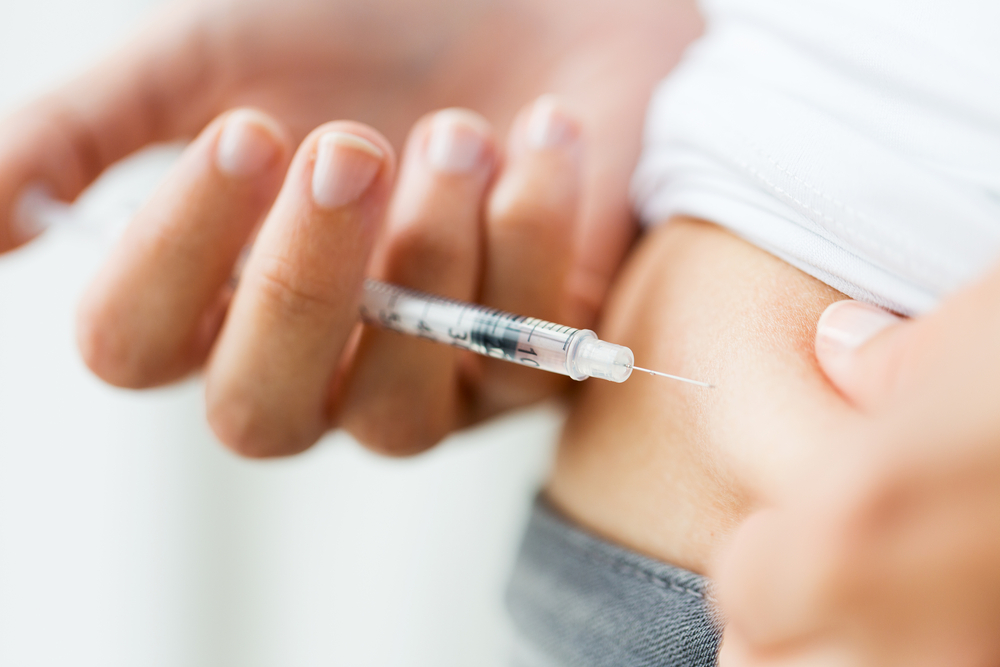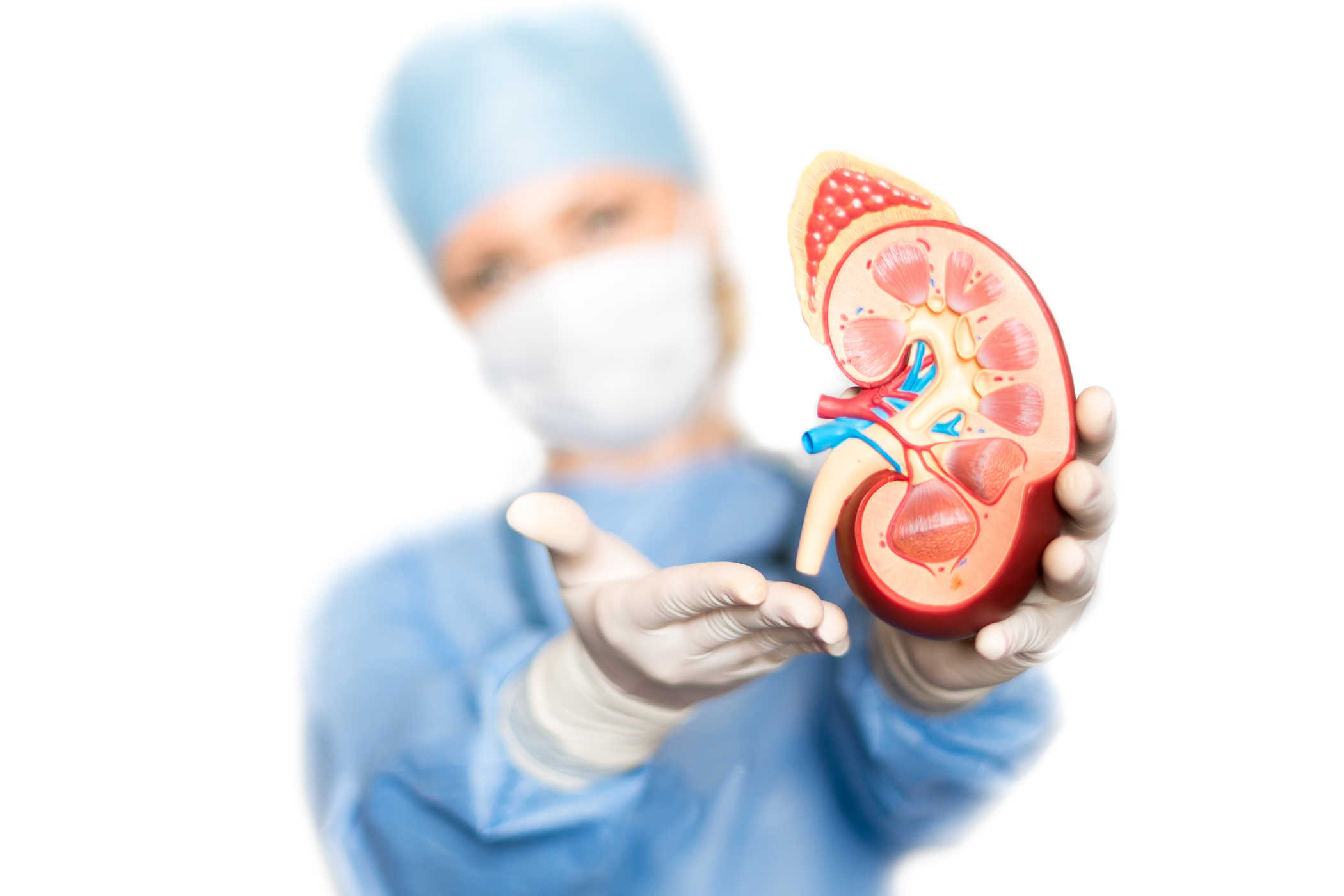Contents:
- Medical Video: pinoy baby eating rice....
- Rice is not solid food that is suitable for babies
- The risk of giving solid food to the baby prematurely
- Imperfect reflexes and antibodies
- The risk of malnutrition is greater
- When are babies ready for solid food?
Medical Video: pinoy baby eating rice....
At 6 months of age, babies are required to receive complementary food in addition to breast milk. This is because at the age of 6 months the baby's nutritional needs increase so that it cannot be fulfilled by breast milk alone. In addition, at that age also babies have begun to be able to coordinate movements of the tongue and mouth so they can swallow more dense foods.
Rice is not solid food that is suitable for babies
If you are thinking of giving rice as you normally eat to babies who are only 6 months old, then you should reconsider it.
The rice you usually eat, or also called family food, you can only introduce to your child when he is one year or more. When you are 6 months old, or just starting to be introduced to solid food, choose the type of soft food and the texture can be crushed by the mouth of a baby who does not have complete teeth.
Types of food that are too hard and cannot be crushed by the baby's mouth can cause stomach pain and other digestive problems. Give complementary feeding (ASI supplementary food) to the baby according to the recommendations.
The risk of giving solid food to the baby prematurely
Imperfect reflexes and antibodies
The possibility of a baby choking, this is related to the reflex ability of chewing and swallowing in imperfect babies. In addition, babies can also experience digestive problems.
When the baby's digestion is not ready to receive food in solid form it can cause stomach pain, diarrhea, and gastrointestinal infections.
Moreover, if the food provided is not kept clean, the digestion of infants who are still sensitive and antibodies that have not been perfect can cause babies to experience infection more easily.
The risk of malnutrition is greater
Giving solid food prematurely can cause babies to experience excess or lack of nutrients. This is related to the nutritional needs of the baby. If the baby is given food before his time, the baby can be overweight because the food may exceed the daily calorie needs of the baby.
According to Kelly Scanlon, researchers at the Center of Disease Control in the Nutrition section, Physical Activity, and Obesity, stated that several studies showed that infants fed solid foods before their time had a risk of suffering from chronic diseases such as diabetes, obesity and celiac disease.
However, lack of nutrients may also occur in infants who are given solid food prematurely. One reason why babies are not recommended to receive solid foods prematurely is that eating solid foods can cause breastfeeding to be shorter.
This is unfortunate because breast milk contains components that are important for baby's growth such as antibodies, for example. Mothers tend to think the baby is full because they have been given solid food so they are no longer given breast milk. This causes important components found in breast milk not obtained by the baby.
For babies, breast milk contains nutrients that are needed with the right quality and quantity. Replacing it with solid food can make your baby actually lack nutrients.
When are babies ready for solid food?
There are babies who have just been given solid food at the age of 6 months, but there are also those who at the age of 5 months have been able to digest food properly without the reflex of removing the food from the mouth.
As quoted from WebMD, Dr. Ruby Roy from La Rabida Children's Hospital in Chicago, said that compared to using age as a benchmark, you can see from your child's readiness whether or not they can be given additional food besides breast milk or not. Some characteristics that babies are ready to be given solid food are:
- The baby looks interested and starts taking the food on his parents' plate. When babies are over 4 months old, babies usually begin to notice you while eating and try to take your food and put it in their own mouth. This can be a clue for you that the baby wants to start eating.
- Babies can sit up without help, especially if the head is no longer needed. If the baby is able to do this, then you can already consider providing complementary foods other than breast milk for babies.
- The coordination between the eyes, hands and mouth of the baby is good, the baby can see food, take food with his hand or spoon, then put food into his mouth.
- Baby's tongue reflex to remove food from the mouth has stopped. If you are not ready to be given solid food, the baby will usually take out the food again, so that the food will be wasted more than getting into his mouth.
Always consult your baby's condition with a doctor or midwife who is used to handling your child to ascertain whether the baby can be given food other than breast milk and what foods should be introduced first.
READ ALSO:
- 10 Important Nutrition for Children
- Healthy Eating Tips for Preschoolers
- 4 Main Problems Caused by Obesity in Children












